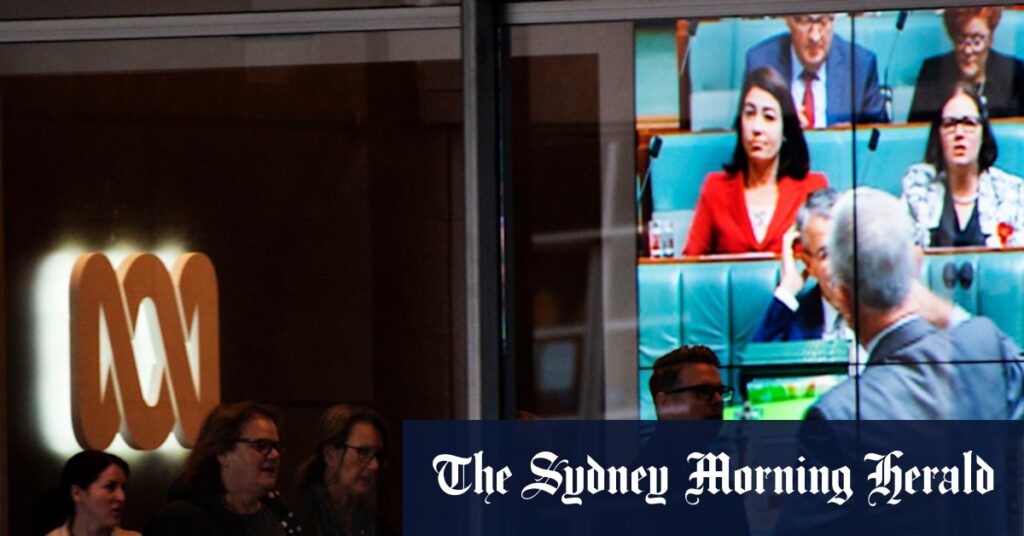
A producer on Play School, one of the Australian Broadcasting Corporation’s (ABC) longest-running programs, has initiated legal action against the public broadcaster. The lawsuit, filed in the Federal Court, claims that the ABC violated the Fair Work Act by employing multiple fixed-term contracts.
The case, spearheaded by the Media, Entertainment & Arts Alliance (MEAA), was officially lodged on Tuesday on behalf of Tom Scott, a digital producer for the iconic children’s show that has been a staple on ABC TV since 1966. The lawsuit targets the ABC’s Ultimo office, with allegations of systemic misuse of fixed-term contracts, a practice the union argues has led to significant job insecurity among staff.
Legal and Union Perspectives
The MEAA’s involvement signals a broader campaign to challenge the ABC’s employment practices, particularly the reliance on fixed and short-term contracts. According to the union, the national broadcaster has systematically imposed these contracts on employees, a move they contend breaches the Fair Work Act. This case is poised to serve as a pivotal test for the union’s efforts to reform employment practices at the ABC.
In a statement, the union emphasized the widespread implications of the case, suggesting that the outcome could set a precedent for how fixed-term contracts are utilized across the industry. The MEAA’s legal team argues that the repeated use of such contracts undermines job security and contravenes fair employment standards.
Background and Implications
Play School has been a beloved part of Australian television since its inception in 1966, making this legal battle particularly significant. The show has not only entertained generations of children but also served as a cultural touchstone. The producer’s lawsuit thus highlights a critical tension between maintaining long-standing programming and evolving employment practices.
Historically, fixed-term contracts have been a contentious issue in various industries, with critics arguing they offer employers flexibility at the expense of employee stability. The ABC’s case is reminiscent of similar disputes in the media sector, where job security has increasingly become a focal point for labor negotiations.
Expert Opinions
Labor law experts suggest that the case could have far-reaching consequences for the broadcasting industry. Dr. Emily Harris, a senior lecturer in employment law, notes that,
“If the court rules in favor of the MEAA, it could compel broadcasters to reconsider their reliance on fixed-term contracts, potentially leading to a shift towards more permanent employment models.”
Meanwhile, industry analysts are closely watching the case, as its outcome could influence employment practices beyond the ABC, affecting how media organizations nationwide manage their workforce.
Future Developments
The lawsuit against the ABC is still in its early stages, and a court date has yet to be set. However, the case has already sparked discussions within the media industry about the balance between operational flexibility and employee rights. As the legal proceedings unfold, both the ABC and the MEAA are preparing for what could be a landmark decision in Australian employment law.
For now, Tom Scott and his supporters await the court’s decision, which could either uphold the status quo or usher in significant changes to how the ABC and potentially other broadcasters structure their employment contracts.
The outcome of this case will not only impact the ABC but could also resonate across the media industry, prompting a reevaluation of employment practices that have long been taken for granted.





